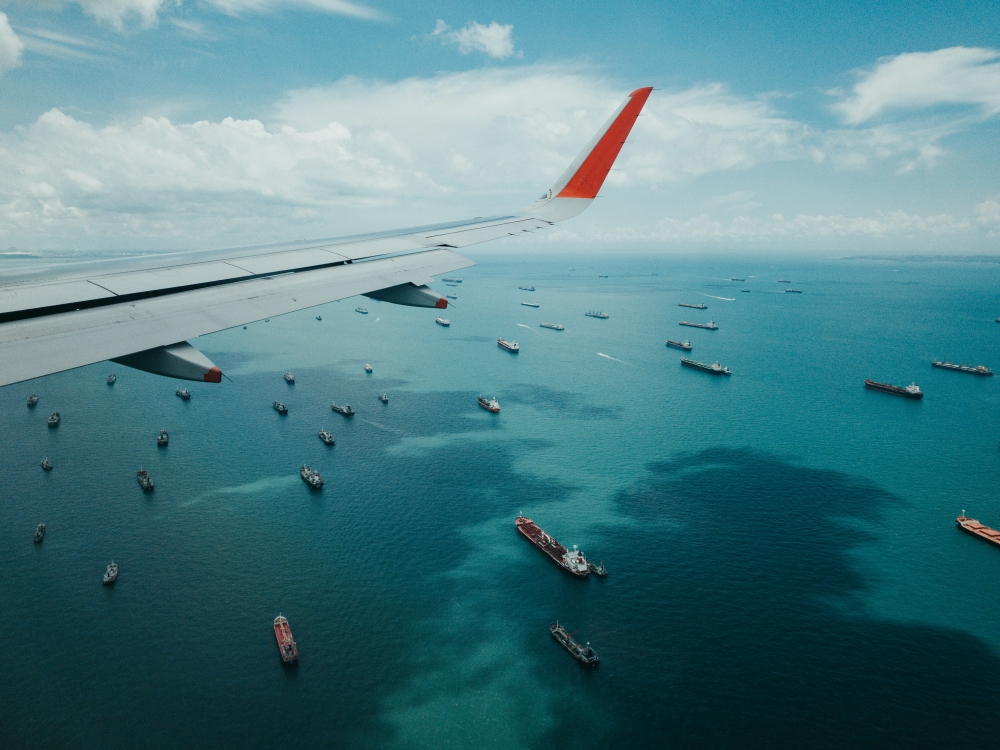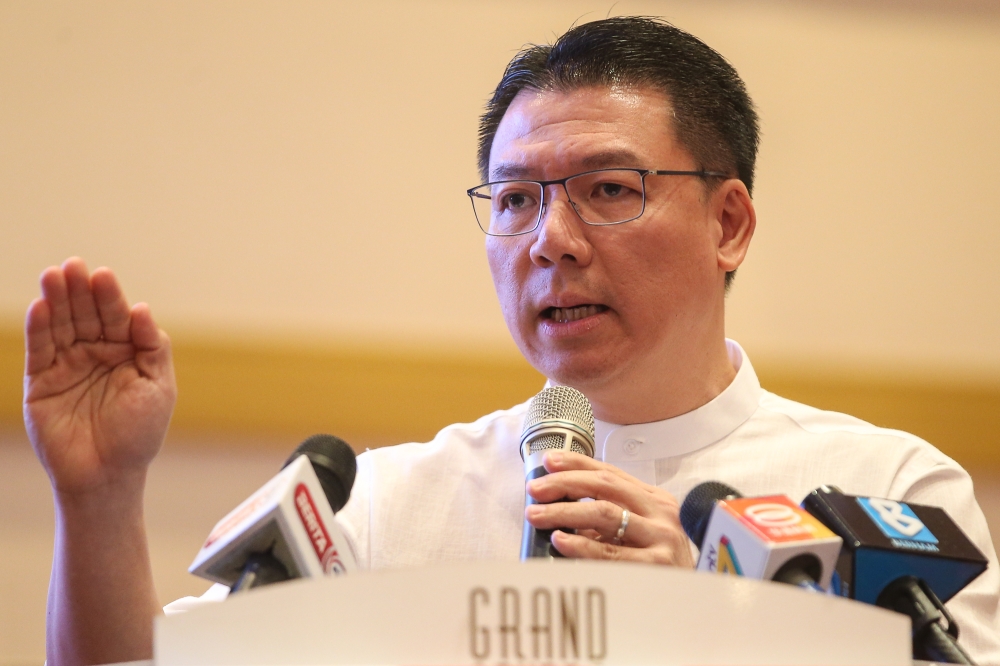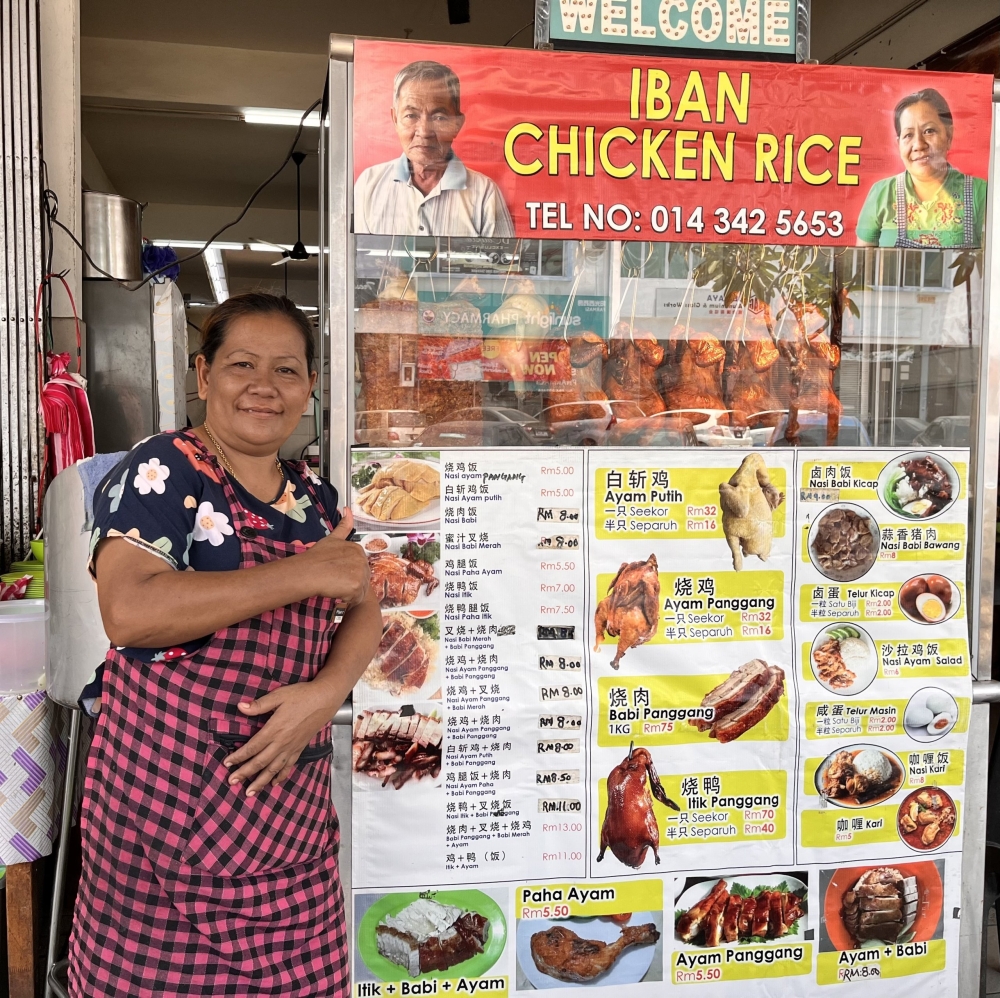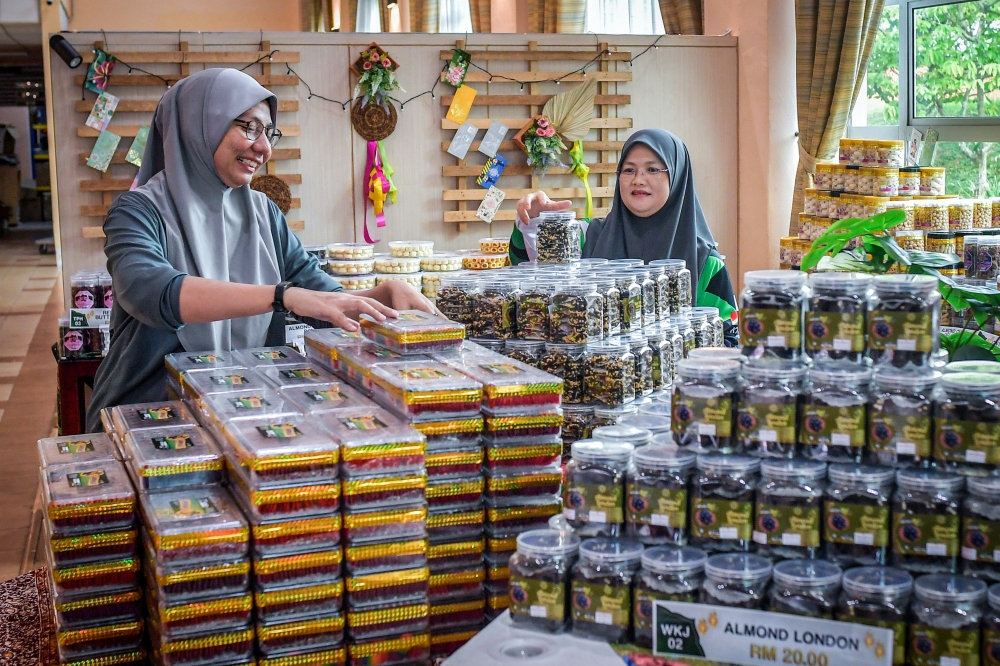SIBU, Sept 5 ― Food operators here are beginning to worry about the rising price of rice, as recently announced by Padiberas Nasional Bhd (Bernas).
For Sudih Janting, a chicken rice seller in her 50s, the price hike is definitely a burden for her and fellow micro-entrepreneurs after having gone through many challenges since the Covid-19 pandemic struck in 2020.
“It seems that the price of rice is expected to continue rising. This situation really worries us, the traders, as it forces us to raise our menu prices. If we don’t raise them, we’d suffer losses.
“In the past, the price of the rice that I always bought was RM38 (per 10 kilogramme) but now, it has increased to RM44,” she told The Borneo Post when met at her ‘Iban Chicken Rice’ stall at a café in Sibu Jaya.
Having run this business for more than 10 years, Sudih felt this year had been ‘very bitter’.
“This is the first time that I really feel the burden of having to face the rice price hike.
“It’s difficult for me to raise the price of my chicken rice, but I have to because it’s the type of rice that my customers have long-accustomed to.
“I cannot risk changing it to the less-expensive type,” she lamented.
For Famiza Haladin, who runs a ‘Nasi Warung’ stall at a food court also in Sibu Jaya, the current situation has forced her to reduce the serving size of her dishes.
“The price hike is felt by both the consumers and traders like us; thus, I refuse to raise my selling price.
“Instead, I reduce the rice portion per serving.
“I wouldn’t want to lose customers, and suffer losses,” said Famiza, who has been operating for more than five years.
On Friday, Bernas announced that the increase in the price of imported white rice at all its warehouses nationwide to RM3,200 per tonne, from RM2,350 previously, taking effect immediately.
It stated that the adjustment was in line with the latest pricing of imported white rice in the international markets.
However, Bernas also said despite the hike, Malaysia’s import prices remained the lowest among Southeast Asian countries.
Still, local consumer Nur Fauziah Buang, 40, said although the price increase only involved imported white rice, she was sure that the overall impact remained unfavourable to the end-users.
“Any price increase of a certain item will affect other goods. This situation is really burdensome because my husband is the only one working.
“Our three children are still in school,” said the housewife when met at a supermarket here yesterday.
Fauziah said she would spend about RM120 for 30kg of rice, a month’s supply for her household.
“Any price increase between RM1 and RM2 is already a burden on consumers like me.
“With the rice price rising, our cost of living also increases,” she said.
For Abang Suhi, 51, he hopes that the government could find the best solution in controlling this situation.
“We are aware that climate factors and economic conditions abroad are the main contributors to the increase in basic food prices at this time.
“Still, the government needs to be more proactive in dealing with this,” he said.
On Sunday, Prime Minister Datuk Seri Anwar Ibrahim gave his assurance that the price of local rice would not increase, even when the price of imported rice from India had shot up by 40 per cent.
Speaking at the ‘Simpang Jeram State Legislative Assembly (DUN) Civil Unity Mega Talk’, Anwar stated that the government would ensure that there would be no rice supply issue in order to protect the interests of the target group and those in need. ― Borneo Post



















